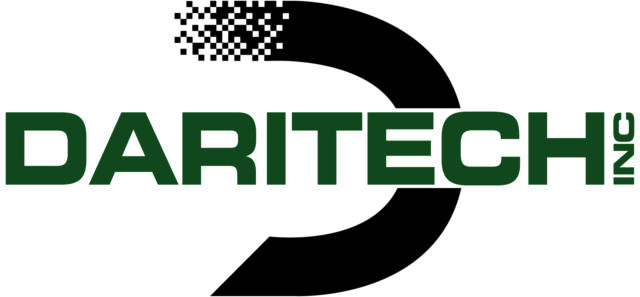Dairy farmers considering entering a waste-to-energy business arrangement should be aware that every deal is unique. For that reason, Dave Crass, chair of the agribusiness, food and beverage industry group with Michael Best, warns dairy producers not to follow a cookie-cutter approach or complete a transaction with a developer on their own.
Examples might include a dairy that becomes involved in an off-site digester, with the farmer’s sole input selling his dairy manure on a per-gallon basis. This hub-and-spoke approach provides the least economic benefits but also creates the least risk.
A more common arrangement is where the farmer owns the digester but sells the biogas.
There are a number of ways this can be structured, Crass explains. A farmer might convert an existing manure digester – or a developer might finance and construct the on-farm digester, with the farmer amortizing the digester and paying back the developer out of revenues generated through the sale of biogas.
For dairy farmers owning the assets, there are digester management companies that can serve in that role so farmers can do what they do best.
Finally, farmers can own the entire project, developing the digester and working with consultants on its carbon intensity scores, creating the pathway and realizing 100% of the economic benefits. That track, however, also carries the highest capital risk and you’re speculating on returns.
“The most traditional business arrangement we see is one where the developer brings money to the table to invest in either constructing or refurbishing or improving the digester, while the gas plant is owned by the developer company on land leased from the farmer. Then the farmer participates in revenues generated from the project,” Crass says.
Issues to consider
“You’ve got to think about what the project would do to your existing operation,” says Crass, noting the project may affect day-to-day operations like use of sand bedding. While preferred for milk production, cow comfort and mastitis control, sand is hard on digester systems. That may require the addition of sand separation and manure solids separation as part of the digester project.
In terms of methane/biogas production, management methods and practices – and who controls them – may come into play to assess risk or liability.
Any on-farm “biogas campus” will require proper siting, with consideration for sufficient loading and turnaround areas and the potential for additional truck traffic.
Digester developers, Crass notes, prefer long-term contracts. The terms of the contract may restrict dairy operation flexibility, including tying up manure supplies.
“You need to be thoughtful whenever you’re talking about exclusivity and duration of manure supply,” Crass says.
“Obviously, there are environmental and permitting concerns in terms of this project,” he continued. “You should not enter into an exclusive arrangement with a developer without a project completion deadline in mind because some (developers) approach these projects by tying up the manure supply (but) then fail to do their financial due diligence. We’ve seen projects not get off the ground, and the farmer is tied up there because he’s in this perpetual exclusive manure supply contract. It is very important you have a knowledgeable team that looks at the documents with your interest in mind,” he said.
There are times where the developer wants to reserve the right to bring in additional gas. In a hub-and-spoke system, the developer may want to bring in additional manure from off-site; who’s going to manage the resulting solids and the nutrients? Are there bolt-on technologies in terms of phosphorus recovery, etc., that should be considered to stack credits and stack environmental attributes in return for the use of these investments?
Insurance requirements and risk allocation – in terms of both the gas and manure – are very important. That’s all got to be thought through as you consider entering into one of these transactions.
“You definitely want to have a legal team experienced with these types of projects take a look at the contracts before you enter into them,” Crass says.
“We’ve seen some contracts that are very even-handed, and others are extremely pro-developer. The biggest concern that I’ve seen is an exclusivity arrangement where the farmer is tying up their manure supply with no scheduled delivery date of the project. You’re in sort of Never-Never Land.”






